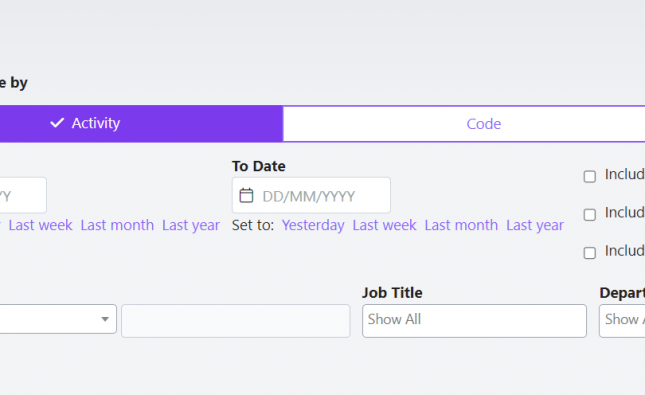So you’ve implemented a new data protection policy, trained your employees, and you’re confident your business is now in compliance with data protection regulations.
You might think your work is done, but if you stop there, you’re missing out on a golden opportunity to turn your data protection policy into a competitive advantage.
Privacy has never been more important to consumers than it is today, and with the number of high profile data breaches in the news and the impending General Data Protection Regulation, it’s only going to become more important.
In today’s privacy-conscious marketplace, data protection is about more than compliance – it’s about trust. So, what can you do to make the most of this marketing opportunity? Here are our tips:
1. Make information on how you handle data easily available on your website
This is the absolute minimum you should be doing nowadays. Customers want to know what data you’re collecting and why – and you’re legally obliged to make this as transparent as possible.
A terms and conditions page may help you comply with data protection regulations, but clear, prominent messages explaining why you collect data and how it helps you deliver your services will boost consumer confidence in your business.
2. Make it clear what data you’re collecting and why WHENEVER you collect it
Many websites today ask for permission to store cookies, and paper forms have included consent checkboxes for years, but data protection should ideally be part of the conversation during every transaction whether via your website, email, social media, over the phone, or in person.
By always telling customers what data you’re collecting and why, you’ll not only ensure compliance, you’ll also demonstrate how seriously your business takes data privacy and earn the trust of your existing and potential customers.
3. Get consent for anything data will be used for
It’s your responsibility to check that individuals have consented to be contacted by you before you make contact, but this is the minimum you should be doing to earn the trust of your customers.
The proposed General Data Protection Regulation states that explicit consent will need to be obtained for any potential use you’ll make of data – an excellent opportunity to make it absolutely clear how the data you collect helps your business to deliver the best service it can.
4. Be clear about how consumers can opt out and have their data deleted
It’s a legal requirement that businesses allow customers to have their data removed, but many businesses fail to make this process clear – perhaps out of fear that too many customers will avail themselves of the service.
This is counterintuitive when it comes to gaining trust, and in the long term will cost you customers who are suspicious of giving away personal information to a company they don’t have confidence in.
5. Create a data privacy culture among employees
Every employee should receive training in data privacy issues, but it’s especially important for those facing privacy-savvy customers. Expect your staff to face some tough lines of questioning about your data protection policies in the future, which may even be the difference between making and losing a sale, especially when it comes to larger companies.
Being able to explain your processes clearly and demonstrate that data privacy is part of the culture will prove your business can be trusted with the customer’s data before they even need to ask the question.
6. Make sure the customer journey is fluid, especially where their data is involved
Your customers expect you to be well organised and in control, especially when it comes to their data.
Whenever a customer has an enquiry, your employees should use the necessary access controls, such as security questions, to verify who they’re speaking to. Once verified, make sure your employees will be able to easily find what they need – you don’t want customers thinking you don’t know what you’re doing, especially when it comes to their privacy!
7. Respond accordingly in the unfortunate event you suffer a data breach
If you’ve done everything you can to create a data privacy culture, then it’s unlikely you’ll suffer a data breach – but if you do, how you respond could be the difference between irreparable damage to your reputation and a minor blip.
Contact everyone who may have been affected immediately. If customers find out you tried to keep a breach quiet, your reputation will be ruined. As part of your response, put as much resource as you can into offering support services and helping customers to take any steps necessary to secure their privacy.
What VinciWorks offer
If you’re looking for a cost effective way to create a data privacy culture then consider VinciWorks’ Compliance Essentials eLearning courses or our introduction to Data Protection eLearning courses. Delivered online and accessible on computers, tablets and mobile phones, our compliance eLearning courses enable you to shape organisational culture and generate an automatic training record for audit purposes.



